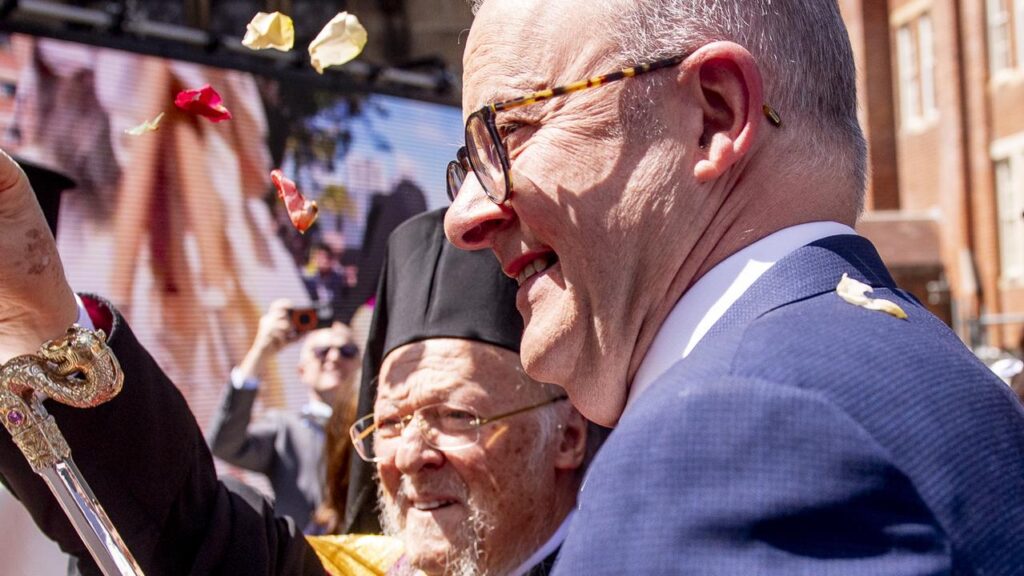Aussies dropping essential acts in cost crisis
Written by admin on May 23, 2024
A large-scale survey into Australia’s housing crisis has revealed high proportions of Australians hit by rising rents and housing stress are skipping doctors appointment, reducing their energy use – like forgoing heating and airconditioning – and leaving their car at home.
Ahead of the first People’s Commission into the Housing Crisis hearing on Thursday, data from 1528 renters, homeowners, and people without stable accommodation found more than one in two respondents (58 per cent) were spending more than 30 per cent of their household budget on housing, placing them in housing stress.
The probe was convened by advocacy body Everybody’s Home, and included submissions from dozens of community providers, and advocacy groups.
According to April 2024 figures from CoreLogic, median weekly rents increased by 8.5 per cent to $627 year-on-year.
The weekly rent in NSW hitting $770 – the highest out of all state and territories.
As household grapple with housing, 63 per cent of respondents who rent said they had reduced their energy use, like avoiding heating and airconditioning.
More than one in two (54 per cent) renters also sacrificed doctor’s appointments and other essential appointments.
Other common cost-cutting tactics included reducing the use of cars (44 per cent), skipping meals (42 per cent), and relying on credit cards and ‘buy now pay later’ schemes (40 per cent).
Worryingly, 37 per cent of renters said financial pressures had led to them failing behind paying their bills.
Commissioner and former NSW Labor senator Doug Cameron said the issues were the result of “decades of failed policy”.
“Distressed Australians have told us of their harrowing experiences battling an unaffordable housing system and their ideas to fix it,” he said.
“Governments, academics, economists and organisations that, on a daily basis deal with the fall out of the failed housing system have advised of their views and actions. Australians want and need solutions that work.
“The evidence before the People’s Commission adds further momentum for governments to act.”
Co-Commissioner and University of Sydney housing expert Nicole Gurran urged for policy to be informed by people who had been most affected, and allow their lived experience to dictate solutions to the immediate crisis and long-term priorities.
“For too long Australia’s housing policy paralysis has been sustained by dominant interests and ill-designed ‘solutions’ which have served only to maintain the status quo,” she said.
As it stands, state and federal government have cited housing supply as the biggest barrier to affordability, both impacting for renters and buyers, and creating a dire lack of social housing.
Australia has set the goal to deliver 1.2m homes in the five years between July 2024 to 2029.
This year’s federal budget flagged $6.2bn in measures to boost supply, like funding to help states and territories build infrastructure such as water, power and roads, and creating 20,000 fee-free TAFE places for construction-related courses.






